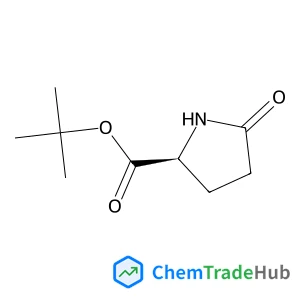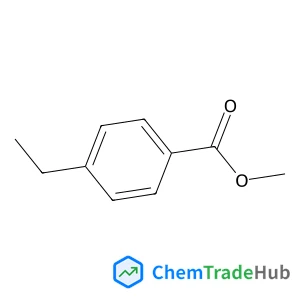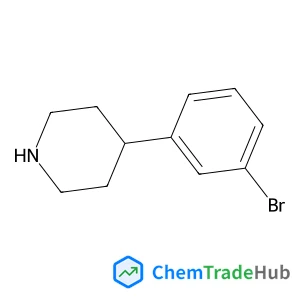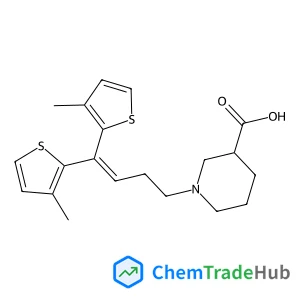Recent advances in catalytic and non-catalytic epoxidation of terpenes: a pathway to bio-based polymers from waste biomass
Literature Information
Muhammd Usman, Ana María López Fernández, Valentine C. Eze, Adam P. Harvey
Epoxides derived from waste biomass are a promising avenue for the production of bio-based polymers, including polyamides, polyesters, polyurethanes, and polycarbonates. This review article explores recent efforts to develop both catalytic and non-catalytic processes for the epoxidation of terpene, employing a variety of oxidizing agents and techniques for process intensification. Experimental investigations into the epoxidation of limonene have shown that these methods can be extended to other terpenes. To optimize the epoxidation of bio-based terpene, there is a need to develop continuous processes that address limitations in mass and heat transfer. This review discusses flow chemistry and innovative reactor designs as part of a multi-scale approach aimed at industrial transformation. These methods facilitate continuous processing, improve mixing, and either eliminate or reduce the need for solvents by enhancing heat transfer capabilities. Overall, the objective of this review is to contribute to the development of commercially viable processes for producing bio-based epoxides from waste biomass.
Related Literature
IF 6.367
Synthesis and optical and electronic properties of one-dimensional sulfoxonium-based hybrid metal halide (CH3)3SOPbI3IF 6.222
Boronic acid liposomes for cellular delivery and content release driven by carbohydrate binding‡IF 6.222
Increasing efficiency of perovskite solar cells using low concentrating photovoltaic systemsIF 6.367
Inside back coverIF 6.222
Metal–organic frameworks: preparation and applications in highly efficient heterogeneous photocatalysisIF 6.367
Novel aqueous amine looping approach for the direct capture, conversion and storage of CO2 to produce magnesium carbonateIF 6.367
Near infrared light activation of an injectable whole-cell cancer vaccine for cancer immunoprophylaxis and immunotherapyIF 6.843
Strong circularly polarized luminescence of an octahedral chromium(iii) complexIF 6.222
Outstanding Reviewers for ChemComm in 2020IF 6.222
Source Journal
RSC Advances
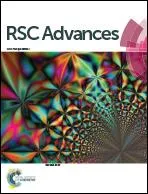
Chemistry fascinates us. This discipline is integral to life and impacts so many aspects of our world. The scope for RSC Advances is wide-ranging because we want to capture any research that can offer crucial insights and advance chemistry. RSC Advances papers should provide an insight that advances the chemistry field. Papers that contain little or no chemistry and are not considered to be of interest or relevance to the chemistry community are not within the scope of the journal. The criteria for publication are that the work must be high quality, well conducted and advance the development of the field. Articles submitted to the journal are evaluated by our international team of associate editors and reviewers for the overall quality and accuracy of the science presented. Download our full list of subject categories to see the range of topics we publish in RSC Advances. Please ensure you have considered the following points before submitting your manuscript. Does the work present an advance over the existing literature? Please supply a covering letter with your submission to demonstrate how the work is advancing the field over the existing literature Have you provided sufficient evidence/data to support your conclusions? Have you provided adequate characterisation data for your materials/compounds? (Please check the supporting information section to ensure that the necessary requirements have been met and copies of relevant spectra have been provided where necessary) Are the results discussed in the context of the literature? Are the references relevant and do they appropriately reflect the existing literature?
Recommended Compounds
Recommended Suppliers
 Variati & Co. S.p.a.
Variati & Co. S.p.a. Taizhou Xin Xi Directions Chemical Co., Ltd. (formerly Taizhou
Taizhou Xin Xi Directions Chemical Co., Ltd. (formerly Taizhou Waagen Scheffknecht GmbH
Waagen Scheffknecht GmbH Beijing Huanyu Jinghui Jingcheng Gas Technology Co., Ltd.
Beijing Huanyu Jinghui Jingcheng Gas Technology Co., Ltd. Dongguan Hui Xin Innovative Material Technology Co., Ltd.
Dongguan Hui Xin Innovative Material Technology Co., Ltd. Jiangsu Honghui Pharmaceutical Co., Ltd.
Jiangsu Honghui Pharmaceutical Co., Ltd. QUMA Elektronik & Analytik GmbH
QUMA Elektronik & Analytik GmbH Shandong Baiqi Biopharmaceutical Biomedical Co., Ltd.
Shandong Baiqi Biopharmaceutical Biomedical Co., Ltd. Hongchuang Jiye Equipment Company
Hongchuang Jiye Equipment Company L DV Water Power Star Biology and Technology Co., Ltd.
L DV Water Power Star Biology and Technology Co., Ltd.










![24449-39-6 - 2,2,2',2'-Tetramethyl-2H,2'H-5,5'-bibenzo[h]chromene-6,6'-diol 24449-39-6 - 2,2,2',2'-Tetramethyl-2H,2'H-5,5'-bibenzo[h]chromene-6,6'-diol](/structs/244/24449-39-6-3118.webp)
